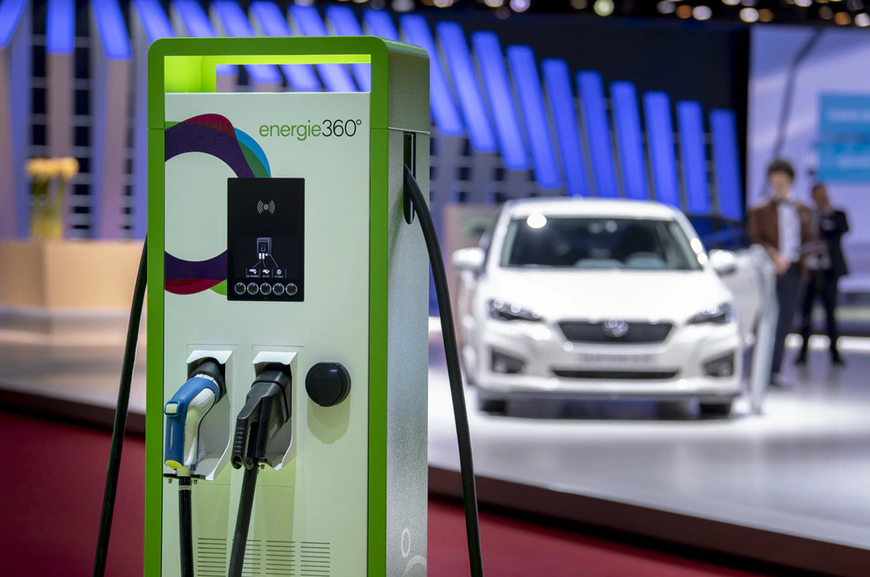In a bleak year for the car industry, there was one bright spot: an unprecedented rise in the number of alternative propulsion vehicles sold, including electric cars and hybrid models. © Keystone / Martial Trezzini The Swiss automobile industry registered its worst result in over 40 years, as the number of new cars hitting the road in 2020 fell by a quarter compared to the previous year. A total of 236,828 new cars were sold last year, the import association Auto Suisse said on Monday, adding that the last time the industry experienced such poor numbers was during the oil crisis in the mid-1970s. On the bright side, there was a record number of alternative propulsion vehicles on the roads, sales of which rose by 63%. More than a quarter (28.8%) of new plate
Topics:
Swissinfo considers the following as important: 3.) Swiss Business and Economy, 3) Swiss Markets and News, Business, Featured, newsletter
This could be interesting, too:
Nachrichten Ticker - www.finanzen.ch writes Die Performance der Kryptowährungen in KW 9: Das hat sich bei Bitcoin, Ether & Co. getan
Nachrichten Ticker - www.finanzen.ch writes Wer verbirgt sich hinter der Ethereum-Technologie?
Martin Hartmann writes Eine Analyse nach den Lehren von Milton Friedman
Marc Chandler writes March 2025 Monthly

In a bleak year for the car industry, there was one bright spot: an unprecedented rise in the number of alternative propulsion vehicles sold, including electric cars and hybrid models. © Keystone / Martial Trezzini
The Swiss automobile industry registered its worst result in over 40 years, as the number of new cars hitting the road in 2020 fell by a quarter compared to the previous year.
A total of 236,828 new cars were sold last year, the import association Auto Suisse said on Monday, adding that the last time the industry experienced such poor numbers was during the oil crisis in the mid-1970s.
On the bright side, there was a record number of alternative propulsion vehicles on the roads, sales of which rose by 63%. More than a quarter (28.8%) of new plate registrations in 2020 were for rechargeable hybrid models, electric vehicles and hydrogen-powered cars.
Diesel cars, on the other hand, continued to lose market share and accounted for 21.9% of sales.
Auto Suisse expects better results in 2021, assuming that “the negative effects of the pandemic will soon be mitigated,” spokesperson Christoph Wolnik said in a statement.
However, the association did not foresee a repeat of the strong growth in alternative propulsion.
“Many customers are still hesitant about opting for a system without a combustion engine,” Wolnik said. “There are still obstacles in terms of subsidies that are too low or almost non-existent and slow progress in the recharge infrastructure.”
Tags: Business,Featured,newsletter








